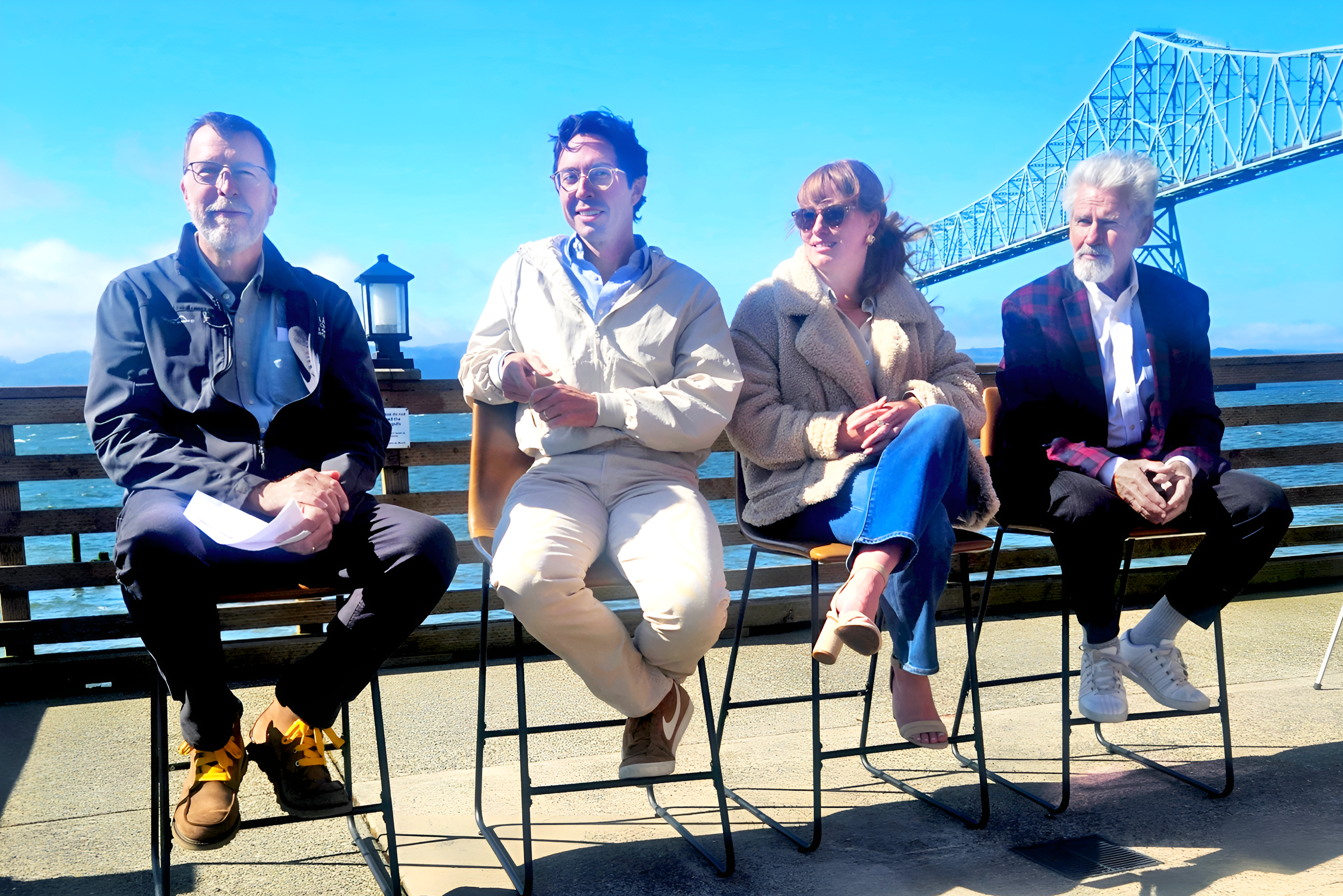City may return emergency supply barrels to residents
Published 6:40 am Thursday, July 2, 2015
A potential riot between the haves and the have-nots following a natural disaster may prompt Cannon Beach city officials to discontinue storing barrels containing residents’ personal emergency supplies.
Instead, the city would store supplies — ready-to-eat meals, medical resources, tents, cots and blankets — for everyone to use.
City Manager Brant Kucera told the city’s emergency preparedness committee recently that he and Police Chief Jason Schermerhorn were concerned about the barrels, “both about what’s inside and what happens when things are taken out of them.”
“We fear for peoples’ lives,” Kucera said.
The police learned after break-ins at two of the city’s three cache container sites last summer that some barrels contained guns, alcohol and cash, Schermerhorn said.
Stored in three 8-foot by 20-foot shipping containers, most of the barrels were purchased and filled by full-time residents, second-home owners and employees three years ago when the city began the “cache container” program. About 100 barrels have been purchased and filled with supplies that could be used in an emergency, such as a Cascadia subduction earthquake and resulting tsunami.
The containers were placed above the tsunami inundation zone on city-owned property at the east end of Elk Creek Road, on the South Wind site in Tolovana and on Old Cannon Beach Road.
While the barrels ensure that supplies would be available to their owners during a disaster, those who don’t have barrels — including tourists — could become belligerent, Kucera said.
“When there is a disaster, and no one is there to keep order, what happens? A have and have-not situation can get ugly very quickly,” he said.
Schermerhorn said the police learned about guns packed in the barrels when the owner of a barrel broken into at the Tolovana site reported a missing gun. The gun has never been found. Cash also was taken.
“There’s a lot to be said for everyone having the same things,” Schermerhorn said.
Only three police officers live in Cannon Beach, he noted. If a 9.0 earthquake occurred and a tsunami washed over the town, it could take days before there was a police presence at the assembly points.
“After one or two days, people are going to be hungry,” Schermerhorn said. “There will be things that people want that they won’t have access to, and they won’t have law enforcement to protect them.”
Stacy Burr, the city’s emergency management consultant, said it is the city’s responsibility to ensure that everyone is cared for and must approach emergency preparedness on a “whole community” basis. That means providing access to supplies to all who need them, she said.
When Hurricane Katrina hit Louisiana in 2005, Burr noted, there was a “huge difference between the wealthy and the poor and disabled in how they received resources.”
In addition, Burr said, the city cannot reimburse residents whose barrels are broken into or damaged.
If the personal barrels are removed from the shipping containers, the expectation that people seeking refuge from a disaster would eventually gather at the container sites also would be changed.
Instead, people would gather at the 10 assembly areas that have been mapped out, and city emergency crews would bring supplies to them.
City supplies also would be available in natural disasters other than tsunamis, such as a windstorm like the one that downed thousands of trees on the North Coast, disrupted communication systems and caused power outages lasting six days in December 2007.
The emergency preparedness committee members agreed that discontinuing the personal barrels should be considered, but they also expressed some concerns.
“I don’t see any problem with it. But I wonder if the city has resources to provide everything,” said committee Vice Chairman Bob Mushen.
Burr said she would apply for available grants to purchase the necessary materials.
Committee Chairwoman Karolyn Adamson said the barrels were established because “people can’t carry everything they need. The city’s supplies, she said, “should be based on what people cannot carry.”
Cannon Beach’s older population should be considered when supplies are stored for the community, said committee member Paula Vetter. The city should also have supplies in place before the barrels are returned to their owners, she said.






